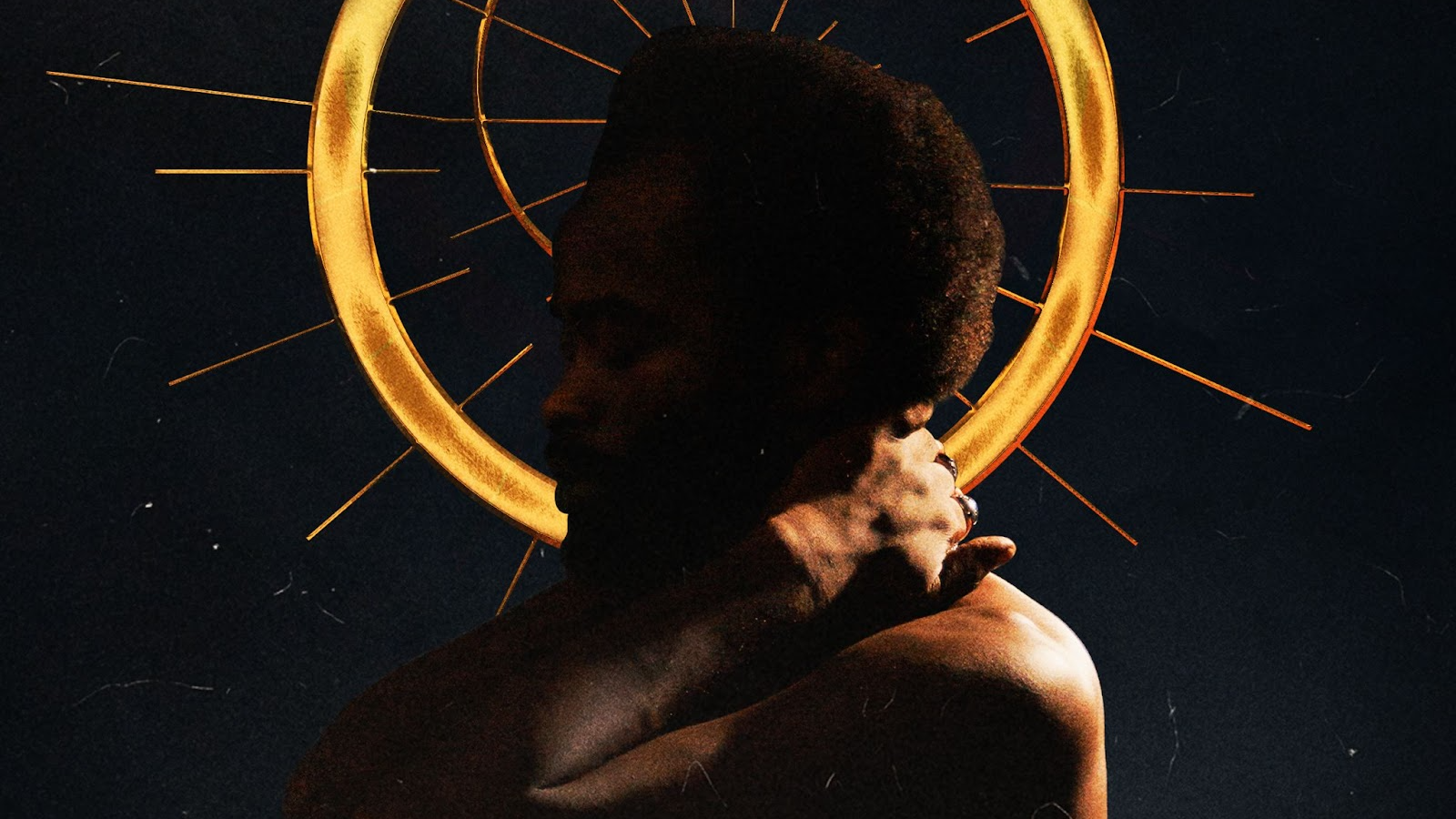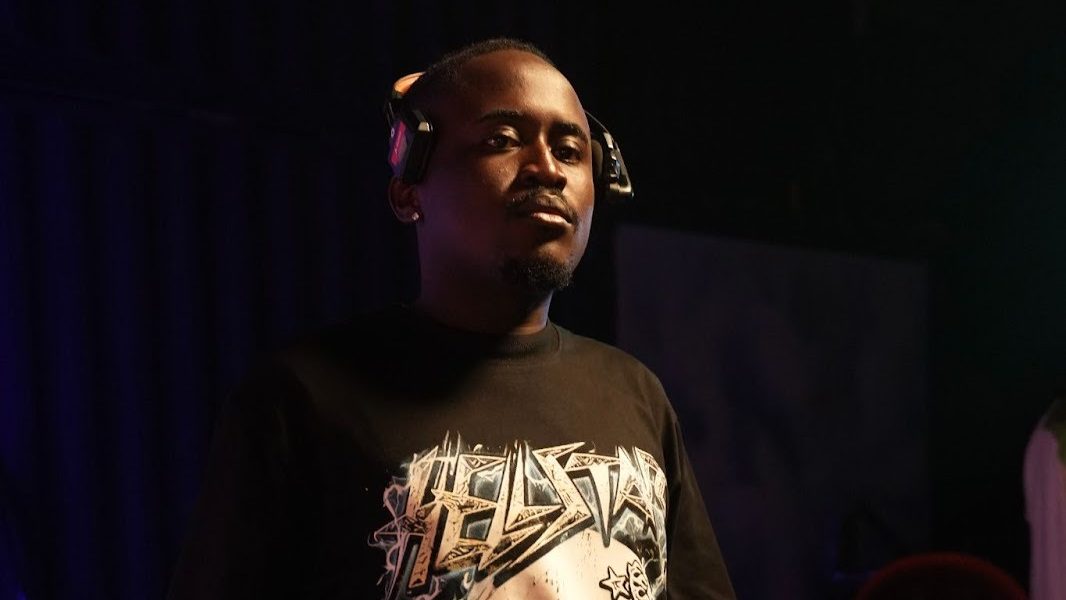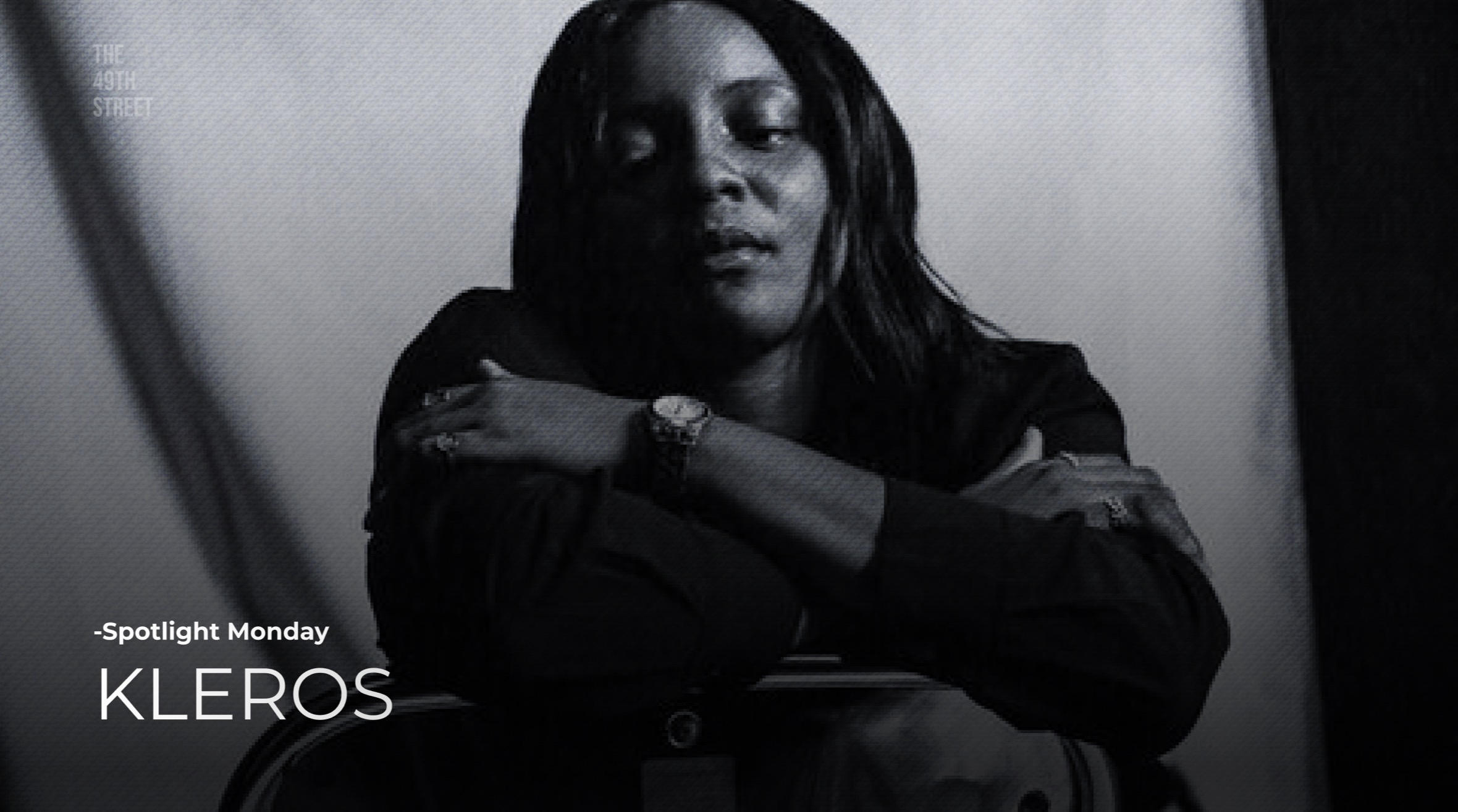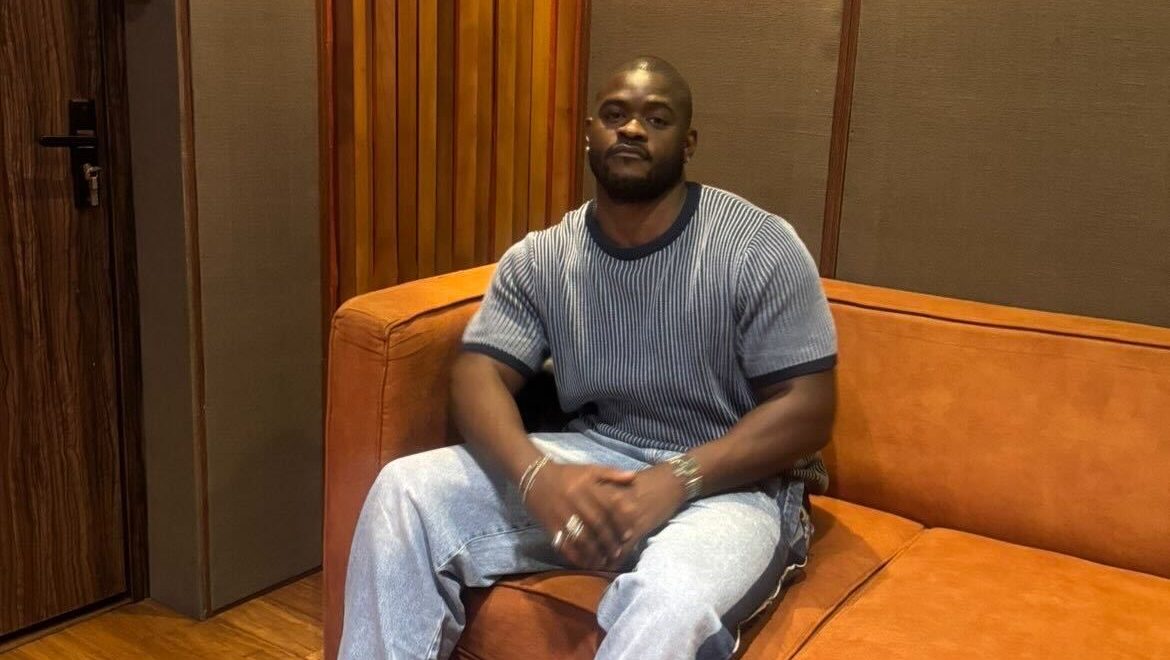“Raw and true” is Tim Lyre’s slogan, and his artistry flows from these two simple words. His latest album, SPIRAL, brims with this vulnerability, which the artist resolutely believes in. True to its title, Tim Lyre spirals in the album sonically and thematically.
He moves between genres like a shape-shifter, blending neo-soul, Afrobeats, rap, jazz, and highlife while keeping a handle on the album so it never goes off the rails. He describes his sound as Afro-fusion because, although he lusts for these other genres, specifically soul, which carries core memories of him as a child in Nigeria, Africa is ever-present in his life, and these experiences will always find a way into his music.
Tim Lyre also shapeshifts themes. One minute, he is singing odes to a lover, and the next, he is picking the broken pieces of his heart. Mere minutes after, he is telling tales of the hustle. The theme could be described as “all over the place,” but no phrase quite captures the human experience like all love the place. And this is what makes SPIRAL relatable. There is a word for everyone who listens to the album.
49th Street sat with Tim Lyre once again to discuss SPIRAL: the genre-bending nature of the album, the themes it explores, the trajectory of his artistic life, and his hopes for the album.
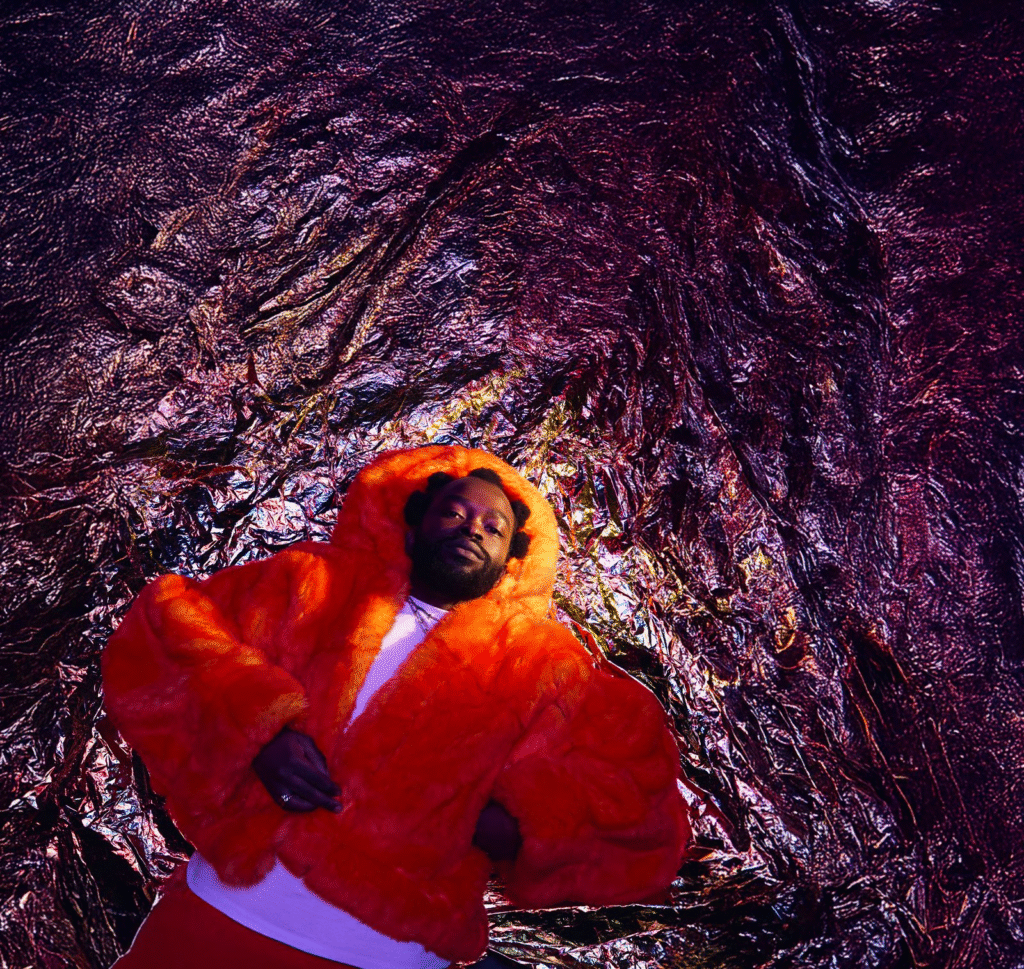
SPIRAL brings together a wide mix of voices from across Africa and the UK — from Show Dem Camp to Joshua Baraka, BOJ, and Manana. How did you go about selecting the artists you wanted to feature, and what role did each collaboration play in shaping the story you wanted to tell with the album?
It was a bit of a mix of things. The music always comes first, so it has to make sense for the song. I’m in a position now where I’m able to collaborate with some of these people, and that’s a privilege.
If I feel like someone’s energy is right for a track, I’ll send it across, or my label will help make it happen. For me, the main thing is always that the energy fits the song and the storyline.
I recorded some tracks in Lagos and others in London, so it was also shaped by where I was at different points. For example, I had sessions with Joshua Baraka and Binta in London, and with BOJ in Lagos. With Show Dem Camp, I didn’t even have a physical session — I sent them the track, and the next day they were already working on it. So it all came together organically, depending on what fit the sound and story of the project.
Your sound moves seamlessly between neo-soul, boom bap, afrobeats, highlife, jazz, and rap, yet it never feels scattered. What draws you to blend genres in this way, and what do you think Afro-fusion allows you to express that a single genre might not capture?
I’ve always been a huge fan of music in general. I listen to and consume a lot of different sounds, so experimentation comes naturally. For me, it’s about keeping my voice consistent across whatever genre I’m working with — whether it’s highlife, R&B, neo-soul, or rap — and that consistency is what ties it all together.
Afrofusion is the best way to describe what I do. No matter the genre, I’m Nigerian, living in Lagos, and my point of view is shaped by my experiences here. That naturally seeps into the music. So afro-fusion gives me the freedom to experiment without losing my identity.
Even with all that experimentation, soul remains the anchor running through SPIRAL. What does soul music mean to you personally, and why is it such an essential thread in how you tell your story?
I was classically trained as a pianist from a young age, so I had that foundation of theory and practice. I was also exposed to church music early on — my family is full of choir masters and organists. At home, there was always music playing: highlife, juju, R&B, soul. My aunts would play 90s and early 2000s R&B jams, and that drew me in.
Soul just felt like the music I was most drawn to as a child, and it stuck. My favorite artist is Aṣa — her first album especially sparked my imagination and made me want to write songs like that. Growing up, I also heard artists like Sade and D’Angelo. So soul has always been a natural part of me, and it remains the thread that ties all my experimentation together.
You’ve described SPIRAL as a pilgrimage inward, holding up a mirror with honesty and accountability. What were the hardest truths to face in making this record, and how did that process of self-reflection affect not just your music, but your relationships with friends, family, and peers?
I had to confront some personal shortcomings. I was going through loss, heartbreak, and other challenges. Loss in particular is a strange one; it comes and goes, and it’s hard to process. Heartbreak is something most people can relate to, but loss is very different.
Working on the album helped me channel all of that energy into something positive. It gave me a focus and a way to process what I was going through. I hope that people dealing with similar experiences can connect to the songs and find some comfort in them, the same way that making the album helped me.
Pot of Gold touches directly on the struggles you’ve faced in music and life, but also on your readiness to claim recognition. Looking back, what moments in your journey tested your resolve the most, and what does “taking the crown” mean to you now?
Being an artist is a funny journey. It’s a gift, but it’s also full of highs and lows. Especially as an underground artist, it’s not easy; you’re not selling out big venues every day, so you have to stay focused on the music.
One of the hardest things is dealing with that sense of diminishing returns, where you put out songs and don’t always see the immediate rewards. But the high points come when I release a project like this and see the love from fans — not just my core base, but new listeners too. That’s when I know I’m building something valuable.
For me, “taking the crown” isn’t about ego; it’s about resilience, staying steady, and continuing to grow without losing myself in the process.

There are tracks like Find You and Better4U that feel steeped in longing and tenderness. How do love and yearning show up for you in this project, and what did you want listeners to feel in those more vulnerable moments?
Love songs are probably the most common type of songs, but the ones that really stand out are honest and vulnerable. That’s always my approach; keeping it raw and true. With songs like Find You and Better4U, I wanted to capture that yearning and tenderness in the most genuine way possible.
If you can tap into that honesty as an artist, most times you’ll strike gold. That’s what I was aiming for: songs that people can really feel because they come from a real place.
SPIRAL is split between light and dark, not strictly positive or negative, but layered with complexity. How do you personally navigate those dualities in life and art, and what does growth look like for you at this stage of your career?
Life isn’t linear — everything happens all at once sometimes. For me, the key now is balance, in every aspect.
In terms of growth, I’m focused on building and spreading the music as far as I can. I have my second headline show in London coming up, which is still surreal for me. There’s more music planned, too. So it’s about continuing to grow while keeping that balance steady.
In this album, you touch on love, heartbreak, hustle, and celebration — all different facets of life. Why was it important to explore so many themes rather than focus on just one?
We’re all human beings, and we all go through these same feelings at different points — disappointment, loneliness, happiness, joy. I experience them; the people around me experience them. Writing about what I know has always been the easiest way for me to create.
It was important for me to reflect that range of experience in the album, not just one aspect of life. I think SPIRAL is my most expansive project in that sense, because I was finally able to bring all those different themes together.
Finally, how would you describe this album to someone who has never heard it before? And what do you want listeners to take away from it?
I’d say it’s an album with something for everybody. No matter what you’re going through, you can find a track that speaks to you. Some songs are groovy, some are tender, some are reflective. But at the core, I just want people to feel good when they listen — to enjoy it, share it with friends, family, even exes, because we’re all going through the same human experiences.
Enjoyment is the main thing I want people to take away. If the music can help someone feel a little better about life, then I’ve done my job.

